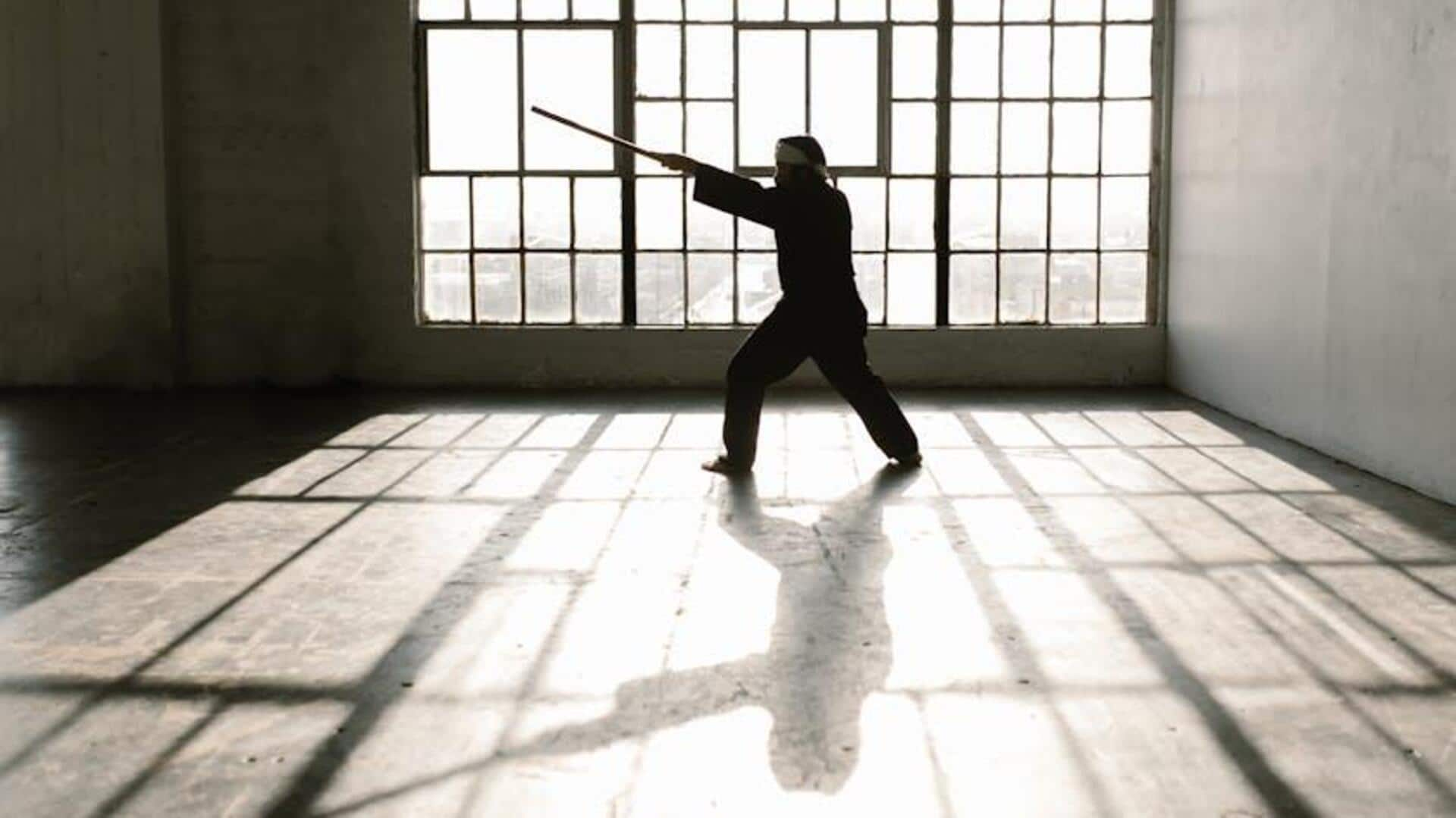
Stretching v/s tai chi: Which makes you more flexible?
What's the story
Stretching and tai chi are two practices that can greatly improve longevity and flexibility. Both have their own benefits, with one providing a different approach to physical health. Stretching emphasizes lengthening muscles, while tai chi integrates gentle movements with mindfulness. Knowing the difference between the two can help you choose the right one for you. Here's how each one benefits you.
Muscle health
Benefits of stretching
Stretching is key to keeping your muscles healthy by improving flexibility and range of motion. Stretching regularly can also prevent injuries by getting your muscles ready for action. It helps reduce muscle soreness after an exercise, thus promoting faster recovery. Including stretching in your daily routine can improve your posture and relieve tension in muscles, resulting in better physical health overall.
Mind-body connection
Advantages of tai chi
Tai chi stresses a strong mind-body connection through slow, deliberate movements with deep breathing techniques. It boosts mental clarity and reduces stress levels, which can improve longevity. The focus on balance and coordination in tai chi improves stability, decreasing the risk of falls among older adults. Regular practice of tai chi can improve mental well-being along with physical benefits.
Range of motion
Comparing flexibility improvements
Both stretching and tai chi lead to better flexibility but in different ways. Stretching directly addresses specific muscle groups to increase their length and elasticity, improving the range of motion over time. Tai chi, on the other hand, enhances flexibility with fluid movements that engage multiple joints at once, contributing to a holistic improvement in how your body moves.
Long-term benefits
Impact on longevity
Be it stretching or tai chi, both give long-term benefits that support longevity. Stretching ensures joints remain healthy by keeping them lubricated and flexible as one grows older. On the other hand, the meditative element of tai chi lowers stress hormones like cortisol, which are associated with the body's aging process. Both practices promote an active lifestyle that supports healthy aging.